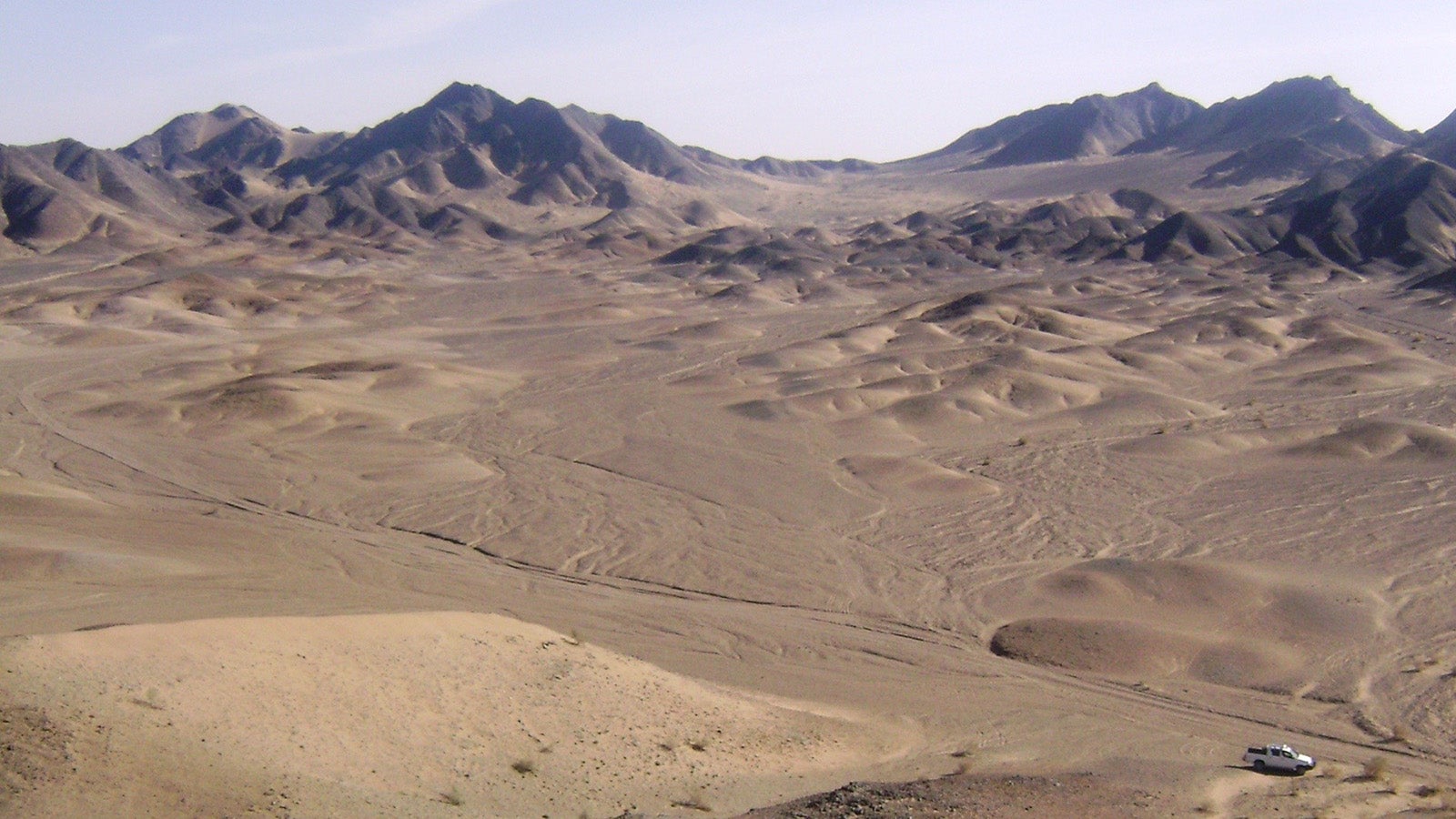
Barrick Gold has announced plans for its Reko Diq copper-gold deposit in Balochistan, Pakistan, which will be developed in two phases.
The project will begin with a nearly 40Mtpa plant, with the capacity expected to double in five years.

US Tariffs are shifting - will you react or anticipate?
Don’t let policy changes catch you off guard. Stay proactive with real-time data and expert analysis.
By GlobalDataFirst production is expected within five to six years, if everything goes according to plan, Barrick Gold president and CEO Mark Bristow said in an investor call.
The two-phased construction of the mine is said to optimise returns, reduce execution risks, manage upfront capital, as well as offer cash flows in the long run.
The Canadian miner would update the 2010 feasibility study after finalising the underlying agreements, legalisation and closing.
Bristow said: “Offering a unique combination of large scale, low strip and good grade, Reko Diq will be a multi-generational mine, with a life of at least 40 years.
“The contemplated mine plan is based on four porphyry deposits within our land package and our exploration licence area holds additional deposits with future upside potential.”
Barrick Gold have a 50% holding in the project and will serve as the operator. The remaining stake will be held by Pakistani state-owned enterprises (25%) and the Balochistan government (25%).
Bristow added: “At Barrick, we know that our long-term success depends on sharing the benefits we create equitably with our host governments and communities. That’s why we wanted Balochistan’s share of the venture to be fully funded, 10% by the project and 15% by the Government of Pakistan.
The project is anticipated to create 7,500 job opportunities during the peak construction phase and nearly 4,000 long-term jobs once operational.
Besides, Barrick was also evaluating solar, wind and battery configurations to enhance the renewable power generation for the mine.
The project was stalled since 2011 due to a long-running spat with Pakistan over its licensing process. However, last month, Barrick Gold agreed to resume work on the project, after reaching an out-of-court settlement, under which the $11bn penalty against Pakistan was waived off.







